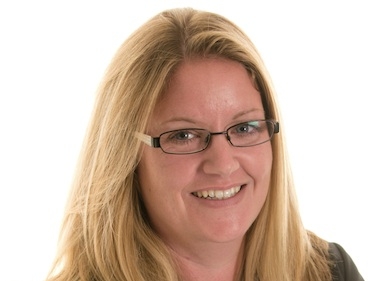Pensions are at the mercy of many areas of legislation and the unintended consequences of this seems to be hitting areas of pensions more and more and things get even more complicated.
One of the most recent issues that has raised its head is the new rules around Master Trusts, these to me are large multi-employer pension schemes, so wouldn’t impact a small self administered scheme (SSAS). However, because of the definitions involved, some multi-employer SSAS may be caught and have to register with The Pensions Regulator (TPR) and adhere to some very onerous reporting requirements that mean very little.
The key issue is the definition of a connected employer, to be connected one employer would need to be a wholly owned subsidiary of the other, whereas with a SSAS it is usually two companies with the same board members.
You couldn’t get more connected if both boards are the same, but this doesn’t meet the definition so could be caught up. This is yet another case of the regulator not looking at the wider consequences and impact of a restricted definition.
The Scottish rate of income tax is something that impacts pensions, and providers’ systems.
Not only do the providers need to be aware of who is impacted and deal with it accordingly, there has also been a need to bring forward reporting dates in certain areas, so the correct amount of tax can be reclaimed for the individual.
Rental income or more importantly rental profit and the calculation of this has an impact on the tapered annual allowance rules, increasing the starting point for both threshold and adjusted income calculations from this tax year.
The deduction of financial expenses from the amount subject to income tax is being reduced between now and 2020, when it will not be an expense but a relief.
This means that as a relief it can’t be used as a deduction for the calculation of net pay, increasing someone’s threshold income without any real change in circumstances from last year.
I hope that this current trend doesn’t continue or get worse, trying to track all the direct changes to pensions is difficult enough without having to deal with the impacts of other legislation that is meant for other purposes.
I hope whoever gets into power in the General Election on 8 June starts to look at the bigger picture and stops rushing through changes without full consideration and consultation with all those impacted, in particular the providers that have to implement change.
Claire Trott, Head of Pensions Strategy, Technical Connection

